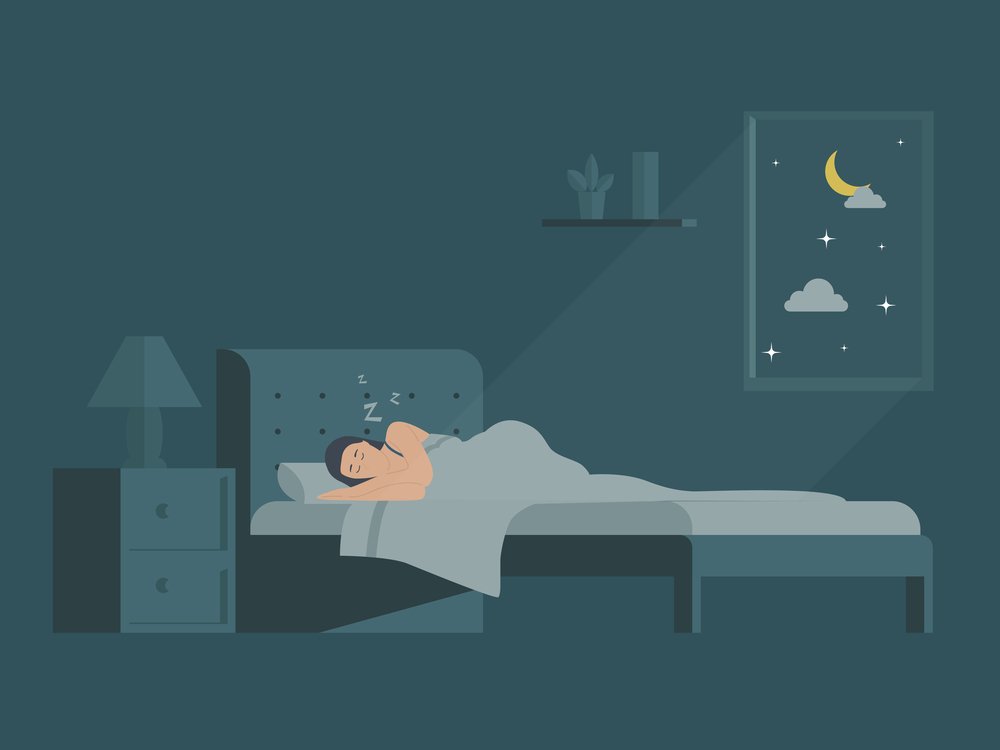
In today’s fast-paced world, sleep has become an elusive luxury for many. The stressors of modern life, combined with constant digital stimulation, often leave individuals struggling to achieve a peaceful night’s rest. While there are numerous methods and remedies touted for better sleep, one lesser-known yet effective approach is hypnotherapy. Hypnosis for sleep is gaining recognition as a powerful tool to combat insomnia and improve overall sleep quality.
Hypnotherapy is a therapeutic technique that utilizes guided relaxation, focused attention, and suggestion to induce a state of heightened awareness, often referred to as a trance. Contrary to popular misconceptions, hypnosis is not a form of mind control, but rather a state of deep relaxation where the mind becomes more receptive to positive suggestions. When applied to sleep issues, hypnosis can address the underlying psychological and emotional factors that contribute to sleep disturbances.
So, how exactly can hypnotherapy help improve sleep?
1. Stress Reduction:
One of the primary causes of sleep difficulties is stress and anxiety. Hypnosis can help individuals relax both mentally and physically, alleviating tension and promoting a sense of calmness. By guiding the mind into a state of deep relaxation, hypnotherapy allows individuals to release built-up stress and worries, making it easier to drift off into a restful slumber.
2. Rewiring Negative Thought Patterns:
Negative thought patterns and beliefs about sleep can perpetuate insomnia and other sleep disorders. Through hypnosis, therapists can help individuals identify and reframe these negative beliefs, replacing them with more positive and empowering thoughts about sleep. By changing the way individuals perceive sleep, hypnotherapy can break the cycle of negative thinking that contributes to sleep difficulties.
3. Establishing Bedtime Rituals:
Hypnotherapy can assist individuals in establishing bedtime rituals and routines that signal to the body and mind that it is time to sleep. By incorporating relaxation techniques and visualization exercises into these rituals, hypnotherapy can create a conducive environment for sleep and help individuals transition smoothly from wakefulness to slumber.
4. Addressing Underlying Issues:
In many cases, sleep disturbances are symptomatic of deeper psychological or emotional issues such as trauma, depression, or unresolved conflicts. Hypnotherapy provides a safe and non-invasive space for individuals to explore and address these underlying issues, allowing them to release emotional baggage that may be interfering with their ability to sleep.
5. Enhancing Mind-Body Connection:
Hypnosis can strengthen the connection between the mind and body, enabling individuals to tap into their innate ability to relax and self-regulate. By fostering greater awareness of bodily sensations and promoting mindfulness, hypnotherapy can help individuals become more attuned to their sleep needs and cultivate healthier sleep habits.
It’s important to note that hypnotherapy for sleep is not a one-size-fits-all solution, and results may vary from person to person. Some individuals may experience significant improvements in sleep quality after just a few sessions, while others may require more extensive therapy. Additionally, hypnotherapy is most effective when combined with other sleep hygiene practices such as maintaining a consistent sleep schedule, creating a comfortable sleep environment, and limiting exposure to screens before bedtime.
Hypnosis for sleep offers a holistic and non-pharmacological approach to addressing sleep difficulties. By targeting the root causes of insomnia and promoting relaxation and positive thinking, hypnotherapy can help individuals reclaim control over their sleep and enjoy the restorative benefits of a good night’s rest. If you’re struggling with sleep issues, consider exploring hypnotherapy as a potential solution to help you achieve better sleep and overall well-being.






